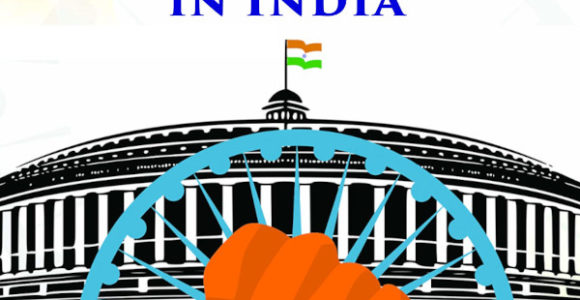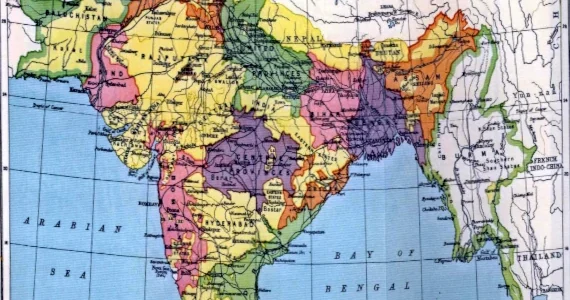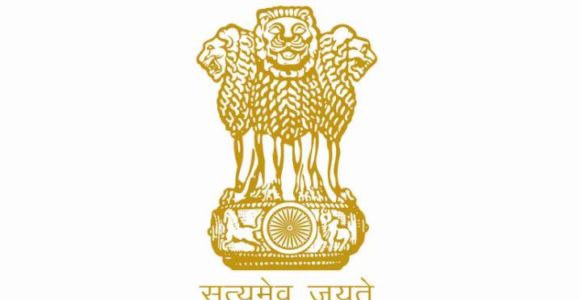
Delhi Elections 2025
Overview on Delhi Elections 2025
Delhi, the capital territory of India, is gearing up for its next Legislative Assembly elections in 2025. The Delhi Legislative Assembly elections are held every five years to elect members to the 70-seat Delhi Legislative Assembly. These elections are crucial as they determine the governance of the National Capital Territory (NCT) of Delhi, a region that not only plays a political and administrative role in India but also acts as a cultural and economic hub.
Here’s a detailed overview of the Delhi Elections 2025, including the likely political landscape, key political parties, potential issues, and the expected polling dates.
Overview of Delhi Legislative Assembly Elections
The Delhi Legislative Assembly, which is responsible for local governance, legislative functions, and passing laws on various subjects under the Delhi State List, is composed of 70 members. These elections are conducted through the First Past the Post (FPTP) system, wherein the candidate who secures the most votes in a constituency wins a seat in the assembly.
Delhi has witnessed several significant changes in its political landscape over the years, and these elections in 2025 will be significant in terms of who will control the assembly and lead Delhi’s government in the years to come.
Polling Dates: Delhi Legislative Assembly Elections 2025
The Election Commission of India typically releases the election schedule. However, the elections will be held in February 2025.
| Poll event | Schedule |
|---|---|
| Notification date | 10 January 2025 |
| Last date for filing nomination | 17 January 2025 |
| Scrutiny of nomination | 18 January 2025 |
| Last date for withdrawal of nomination | 20 January 2025 |
| Date of poll | 5 February 2025 |
| Date of counting of votes | 8 February 2025 |
| Date before which election shall be completed | 10 February 2025 |
The election process will follow the usual stages:
- Issuance of Notification: The Election Commission will issue a notification to inform the public about the election schedule.
- Nomination of Candidates: After the notification, political parties and independent candidates will file their nominations.
- Campaigning: Political parties will begin their campaign to reach out to the voters, discuss their manifestos, and hold rallies across constituencies.
- Voting: Voting will be conducted across all 70 constituencies. Polling booths will be set up for registered voters to cast their ballots.
- Counting of Votes: After voting concludes, the votes will be counted, and the results will be declared on the designated date, likely within a week of the election.
Key Political Parties in Delhi
The Delhi Legislative Assembly elections have traditionally been dominated by three main political parties:
- Aam Aadmi Party (AAP):
- Founded in 2012 by Arvind Kejriwal and other social activists, AAP has emerged as the dominant force in Delhi’s politics in recent years.
- In the 2020 Delhi Assembly elections, AAP won 62 out of 70 seats, establishing a strong hold over the city’s governance.
- AAP’s focus on good governance, education, health, and public services has resonated with many voters, and its candidates are expected to be strong contenders again in 2025.
- Bharatiya Janata Party (BJP):
- The BJP, a major national party, has been a significant player in Delhi’s political landscape.
- While the BJP performed strongly in the 2015 elections by securing 3 seats, it managed to win 8 seats in the 2020 elections. However, they have consistently been the primary opposition to AAP.
- The BJP has been focusing on national issues and also seeks to challenge AAP’s stronghold on Delhi through its cadre-based organizational structure.
- Indian National Congress (INC):
- The Congress Party, which was once a dominant force in Delhi, has seen a decline in support in recent years.
- In the 2020 Delhi Assembly elections, Congress failed to win a single seat, marking a significant shift in its electoral fortunes.
- However, the Congress party still has a presence and may attempt to revive its position in the upcoming elections, though its chances remain uncertain.
- Other Regional and Independent Parties:
- Delhi has also seen participation from smaller regional parties and independent candidates, but their impact on the overall result has been limited.
Key Issues for Delhi Elections 2025
The 2025 elections are expected to be shaped by several important issues, with different political parties highlighting their own concerns:
- Governance and Development:
- AAP, led by Chief Minister Arvind Kejriwal, is likely to highlight its achievements in governance, including improvements in education, healthcare, and public transportation. The party has established a reputation for focusing on issues like clean water, electricity, and affordable education, which will be key points in its 2025 campaign.
- Law and Order:
- While law and order come under the jurisdiction of the central government, local issues such as traffic management, women’s safety, and policing will be prominent topics during election debates.
- Air Pollution and Environment:
- Air pollution has been a long-standing issue in Delhi, and addressing the city’s environmental crisis will likely be a major part of the political discourse. The steps taken by the current AAP government, such as the Odd-Even scheme for vehicles and initiatives to curb stubble burning, will be scrutinized during the elections.
- National Politics and Delhi’s Autonomy:
- The question of Delhi’s governance structure and the extent of autonomy it should have will continue to play a major role. Tensions between the central government (led by the BJP) and the Delhi government (led by AAP) over issues like the control of the Delhi Police and the Lieutenant Governor’s powers will likely influence voter sentiments.
- Employment and Economic Growth:
- Job creation, economic opportunities, and the standard of living for Delhi’s large urban population will be other important issues.
Expected Voter Trends in 2025
- Youth Voter Base:
- Delhi has a large young population, and AAP’s focus on education and free Wi-Fi initiatives has garnered strong support from this demographic. It is expected that young voters will play a pivotal role in the 2025 elections.
- Women Voters:
- With the AAP government’s focus on issues related to women’s safety and empowerment, such as the “Mohalla Clinics” and efforts to improve healthcare, women voters could significantly influence the outcome.
- Urban Voters:
- Urban issues, such as water, electricity, housing, and public transport, are expected to be the driving forces for Delhi’s middle-class voters. AAP’s policies may continue to appeal to this group.
Conclusion
The Delhi Legislative Assembly elections of 2025 are set to be highly competitive and consequential, with AAP, BJP, and Congress fighting for influence over Delhi’s future. With key issues such as governance, development, pollution, and autonomy at the forefront, these elections will not only define the political future of Delhi but also have broader implications for Indian politics. While AAP is expected to maintain a strong presence, the opposition parties will be working hard to make significant inroads into the political landscape of Delhi.
Voter participation will be critical in determining the next government, and citizens will have a chance to decide on the future direction of one of India’s most dynamic cities.
Key Terms:
- AAP ,
- air pollution ,
- Arvind Kejriwal ,
- BJP ,
- clean water ,
- Congress ,
- Delhi Assembly seats ,
- Delhi autonomy ,
- Delhi election results ,
- Delhi elections 2020 ,
- Delhi Elections 2025 ,
- Delhi governance ,
- Delhi issues 2025. ,
- Delhi Legislative Assembly ,
- Delhi political landscape ,
- Delhi transport ,
- Delhi voters ,
- economic growth ,
- Education ,
- election campaign ,
- Election Commission ,
- electoral issues ,
- employment ,
- First Past the Post ,
- healthcare ,
- independent candidates ,
- India politics ,
- law and order ,
- Lieutenant Governor ,
- Mohalla Clinics ,
- National Capital Territory ,
- odd-even scheme ,
- political parties ,
- polling dates ,
- pollution control ,
- public services ,
- regional parties ,
- urban issues ,
- voter trends ,
- women’s safety ,
- youth voters
Disclaimer: The information provided here has been compiled from various sources to the best of our knowledge. While every effort has been made to ensure the accuracy of the details, there may be occasional errors or omissions. If you find any discrepancies or incorrect information, kindly inform us so we can make the necessary corrections. Thank you for your understanding and cooperation.





